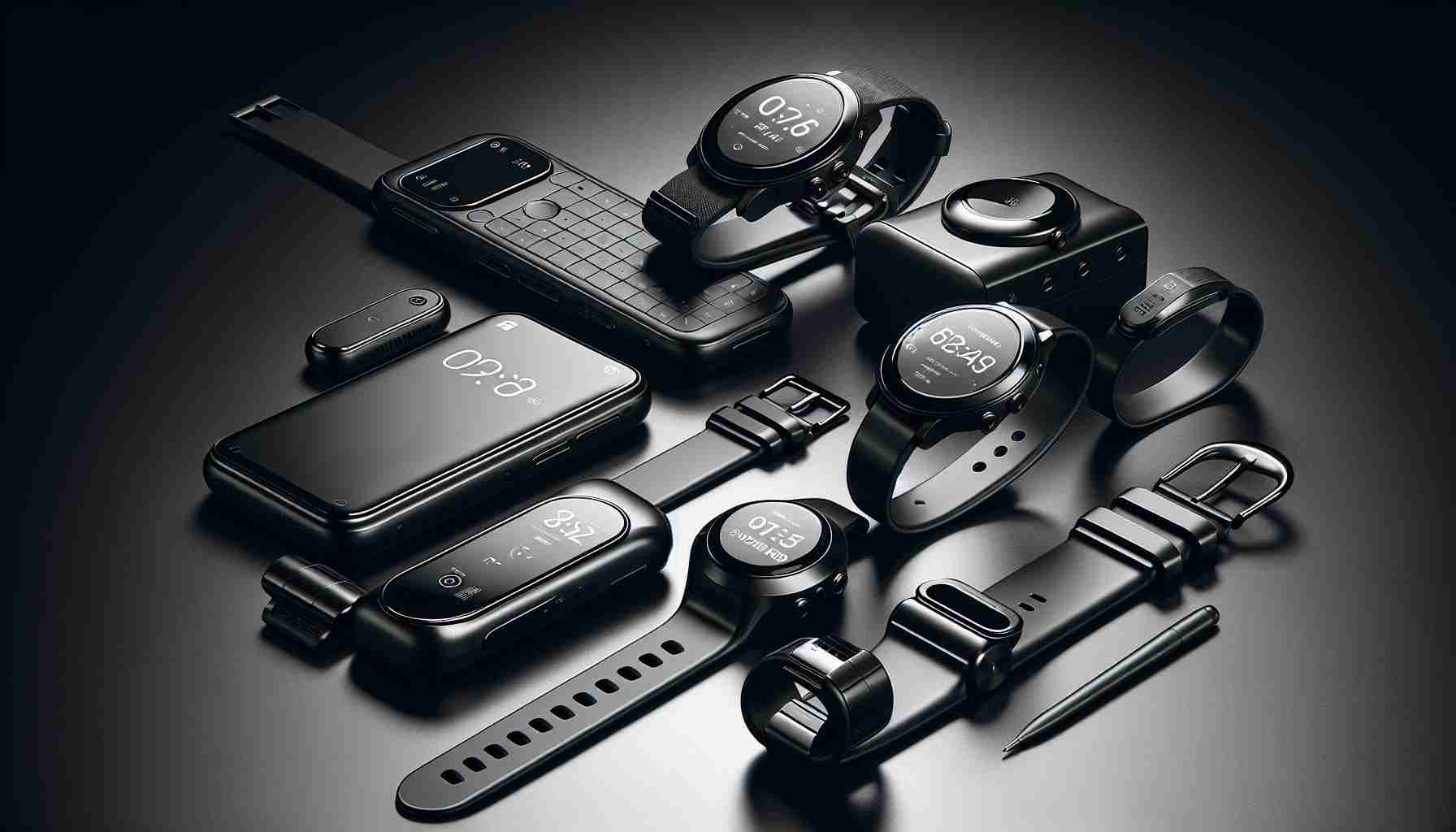In an exciting release, Xiaomi has just unveiled its cutting-edge wearables in China: the Watch S4 and the Smart Band 9 Pro, along with the Xiaomi 15 series. Both devices offer remarkable improvements over their predecessors, with enhanced capabilities in health monitoring and extended battery life.
The Xiaomi Smart Band 9 Pro—the successor to the Smart Band 8 Pro—introduces new tracking features while boasting increased endurance. This smart band is available with either a TPU or leather strap, making it as stylish as it is functional. It features a vibrant 1.74-inch 2.5D curved AMOLED screen.
As for the Xiaomi Watch S4, it showcases a sleek circular 1.43-inch AMOLED display. This model also introduces an eSIM variant and offers an impressive interactive experience with its rotating and clickable crown.
In terms of pricing, the Xiaomi Watch S4 starts at CNY 999 for the basic strap options, with premium styles and versions priced higher. The Smart Band 9 Pro begins at an affordable CNY 399 for the TPU model.
Both wearables host a variety of health and wellness tracking features such as heart rate, SpO2, sleep patterns, and more. The Watch S4’s software is powered by HyperOS 2 and includes enhanced connectivity options such as 4G and NFC.
Battery life is notable in both devices: the Watch S4 promises up to 15 days for its Bluetooth version, while the Smart Band 9 Pro can last up to 21 days. These wearables are now available through Xiaomi’s China e-store.
Will Xiaomi’s Latest Wearables Change the Industry for Good?
Introduction
Xiaomi’s recent launch of the Watch S4 and the Smart Band 9 Pro has stirred up excitement in the wearable tech market. Beyond their technical specifications, these devices have the potential to influence daily life on a global scale, bringing health tech innovations closer to consumers and impacting communities and industries worldwide. But what does this mean for the broader landscape, and what controversies and conveniences are wrapped up in this development?
Impact on Health Monitoring and Communities
One of the most exciting aspects of the Watch S4 and Smart Band 9 Pro is their impact on personal health monitoring. By providing sophisticated health metrics like heart rate, SpO2 levels, and sleep patterns, these devices empower users to take charge of their health. This democratization of personal health data undoubtedly enhances health literacy among the general public.
Communities with limited access to medical facilities could greatly benefit from these devices. Wearables like Xiaomi’s could offer preliminary health insights, potentially leading to earlier detection of health issues and reducing the pressure on healthcare infrastructure in underserved areas.
Controversies and Concerns
Despite their promise, wearable tech also stirs controversy over privacy and data security. With sophisticated tracking capabilities, these devices collect vast amounts of personal data. The question remains: who owns this data, and how is it being used? Privacy advocates raise concerns over potential misuse or security breaches of sensitive health data.
Furthermore, the division between those who can afford such tech and those who cannot still exists. Even at more affordable prices, these gadgets might remain out of reach for many in developing countries, leading to further disparities in health support and technological accessibility.
Economic and Industry Impact
On the economic side, wearables like the Xiaomi Watch S4 could drive the industry forward, sparking competition and innovation among tech giants. The integration of features such as eSIM and NFC could set new benchmarks for wearables, prompting other companies to follow suit or even surpass these capabilities.
However, it’s worth considering the potential for these devices to disrupt traditional industries. For instance, their advanced capabilities might impact sales of standalone fitness trackers, blood-pressure monitors, and other health devices, pushing some companies out of business.
Advantages and Disadvantages
The advantages of using the latest Xiaomi wearables include enhanced health monitoring, long battery life, and stylish design options. These features cater not only to tech enthusiasts but also to everyday consumers who value convenience and connectivity.
Conversely, potential disadvantages include the aforementioned privacy and security concerns, reliance on technology for health monitoring without professional guidance, and the potential for technological addiction as users become increasingly glued to their devices.
Frequently Asked Questions
How will these devices affect my daily life?
Both gadgets aim to integrate seamlessly into your daily routine, monitoring health while offering connectivity features like notifications and fitness tracking. This integration can improve productivity, wellness awareness, and convenience.
Are these devices suitable for everyone?
While these devices offer numerous benefits, they may not suit everyone, particularly those concerned about data security or those who prefer minimal tech reliance.
What sets these Xiaomi wearables apart from their competitors?
Xiaomi’s wearables combine affordability with high-end features, such as extensive battery life and advanced health monitoring, while also introducing innovations like HyperOS 2 and eSIM capabilities.
Conclusion
Xiaomi’s Watch S4 and Smart Band 9 Pro mark significant steps forward in wearable tech. While they offer substantial benefits, balancing innovation with security and accessibility remains a key challenge. As the industry evolves, these devices could very well redefine how we approach health and connectivity in our daily lives.
For more information on cutting-edge technology and innovation, visit Xiaomi’s official site.







